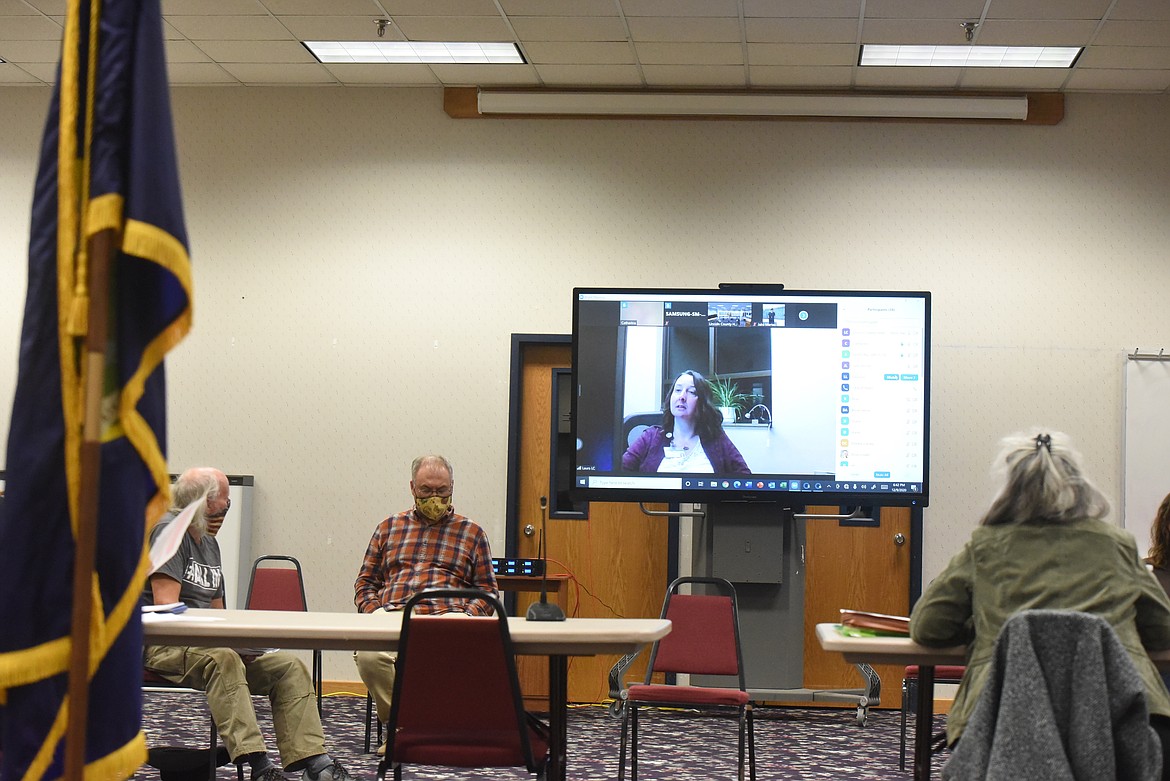Board backs health officer, but not health order
Asking for community backing to fight the coronavirus pandemic, the county’s top doctor got plenty of praise from Lincoln County Health Board members Dec. 9, but no endorsement for future measures....
Become a Subscriber!
You have read all of your free articles this month. Select a plan below to start your subscription today.
Already a subscriber? Login




